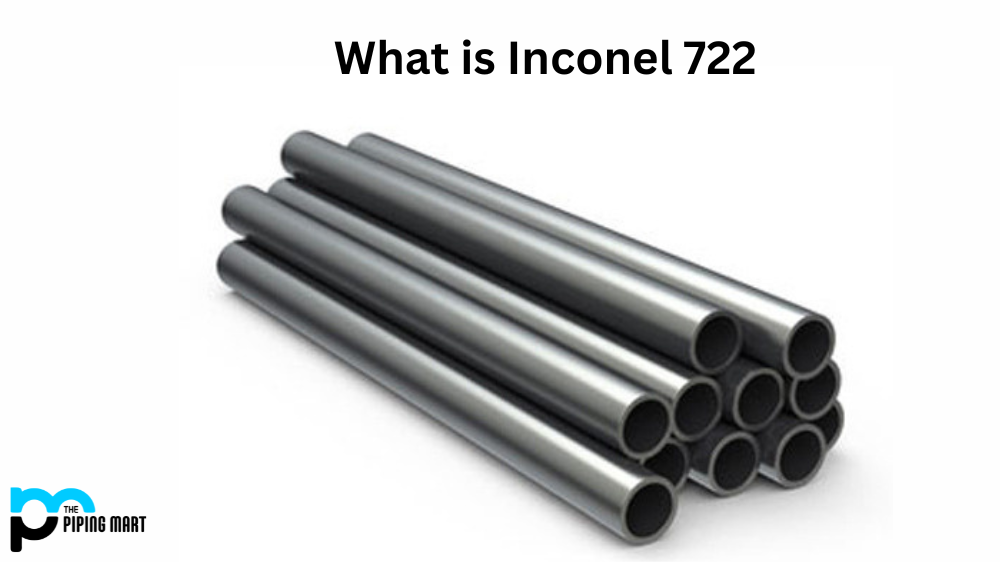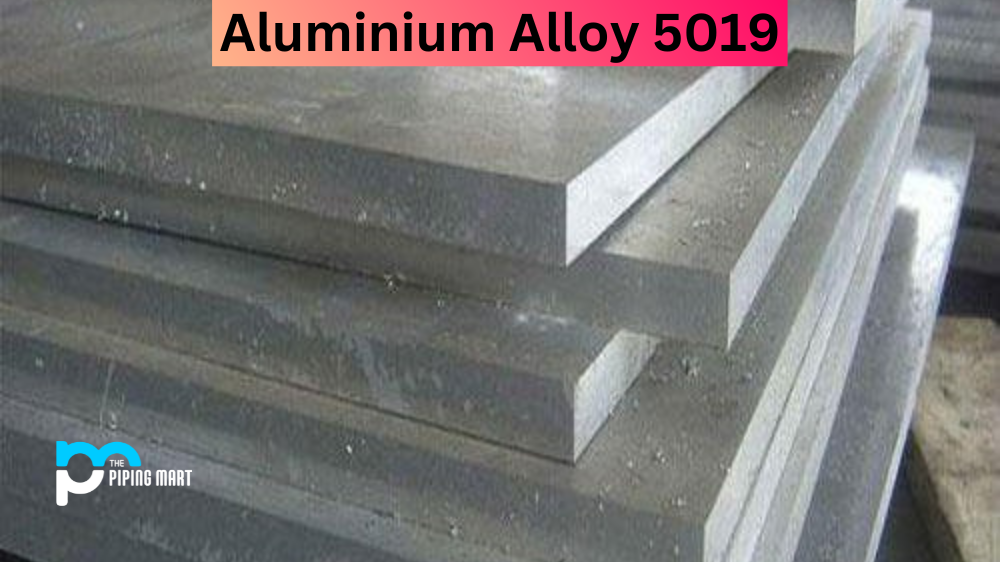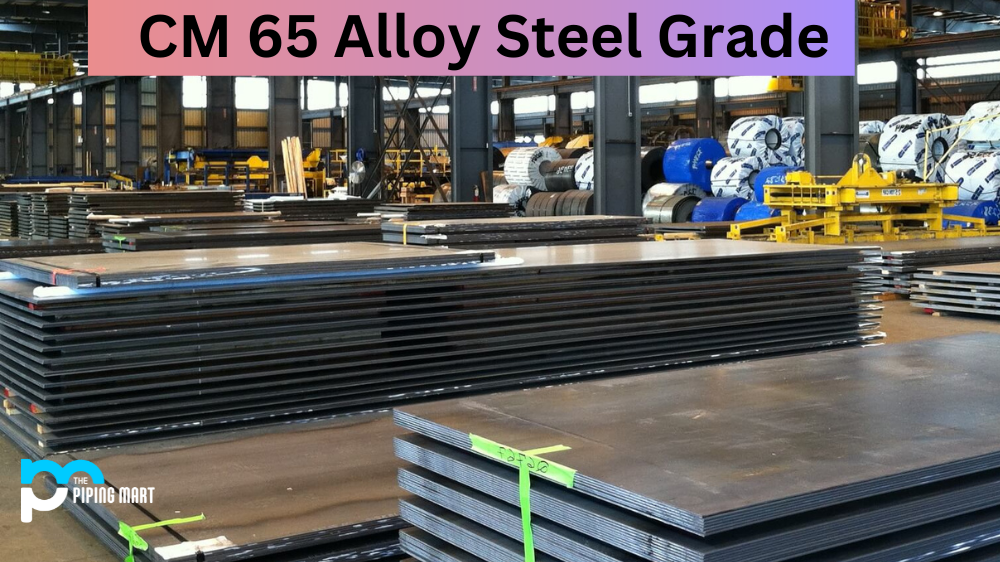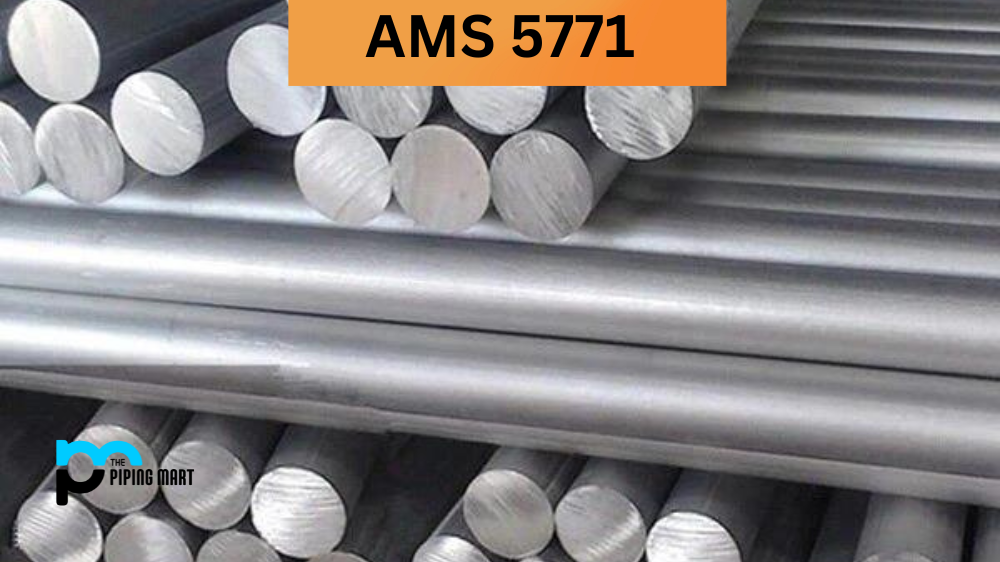Inconel 722 is a nickel-based superalloy with several properties that make it ideal for use in high-temperature and corrosive environments. Because of its unique composition, Inconel 722 offers excellent mechanical strength, corrosion resistance, heat resistance, and machinability. Whether you’re looking for a material that can handle extreme temperatures or need a durable and strong alloy, Inconel 722 could be the solution. Let’s take a closer look at the properties of this versatile material.
722 Inconel Composition
Inconel 722 is composed of 72% nickel, 17-19% chromium, 4-7% molybdenum, 1-2% titanium, 0.2-1% aluminum, 0.3-0.7% silicon, 0.02%-0.05% carbon, 0.01%-0.04% manganese and trace amounts of other elements such as sulfur and phosphorus.
| Element | Content (%) |
|---|---|
| Carbon, C | 0.08 max |
| Silicon, Si | 0.07 max |
| Sulfur, S | 0.01 max |
| Chromium, Cr | 14 – 17 |
| Iron, Fe | 5 – 9 |
| Titanium, Ti | 2 – 2.75 |
| Manganese, Mn | 1 max |
| Copper, Cu | 0.5 max |
| Aluminum, Al | 0.4 – 1 |
| Nickel, Ni | Remainder |
722 Inconel Chemical Properties
Combining these elements gives Inconel 722 unique chemical properties, such as excellent corrosion resistance to both reducing and oxidizing media and an ability to resist chloride ion stress corrosion cracking (SCC).
722 Inconel Mechanical Properties
In addition to its chemical properties, Inconel 722 also offers impressive mechanical strength due to its high tensile strength (up to 2200 MPa) and yield strength (up to 1750 MPa). It also has good fatigue strength, which makes it highly resistant to cyclic loading under extreme conditions.
| Tensile strength | 568~314 | σb/MPa |
| Yield Strength | 978 | σ 0.2 ≥/MPa |
| Elongation | 88 | δ5≥(%) |
| ψ | – | ψ≥(%) |
| Akv | – | Akv≥/J |
| HBS | 930~968 | – |
| HRC | 30 | – |
722 Inconel Physical Properties
Its physical properties include a high melting point (1340°C), good electrical conductivity (15%, IACS), low thermal expansion rate (9×10^-6/K) as well as low density (8 g/cm3). Inconel 722 is a high-performance alloy used across a variety of industries. It stands out due to its excellent physical properties, including strength, ductility, formability and weldability. Despite being lightweight and corrosion-resistant, it is remarkably strong, with a yield strength of over 20 ksi in various subsizes. Appealing to both military and civilian applications, Inconel 722 typically requires preheating before welding or bending – an attribute that allows it to hold its shape even when stressed under extreme temperatures. Whether used in aerospace engineering or the oil and gas industry, Inconel 722’s various physical properties make it an attractive option for many components.
| Properties | Metric | Imperial |
|---|---|---|
| Density | 8.23 g/cm³ | 0.297 lb/in³ |
| Melting point | 1399ºC | 2550ºF |
722 Inconel Equivalent
- AMS 5541
- AMS 5714
- GE B50T1233
722 Inconel Uses
Due to its combination of chemical and mechanical properties, Inconel 722 is often used in high-temperature industrial applications such as turbine blades in aerospace engines where extreme temperature conditions are encountered or when operating in corrosive environments with chlorides present such as petrochemical refineries or power plants using sea water cooling systems.
Corrosion Resistance
Its excellent corrosion resistance means it can withstand exposure to many acids, such as hydrochloric acid, without showing any significant signs of degradation after prolonged periods of time, even at elevated temperatures up to 1000°C!
Heat Resistance
Inconel 722 is a highly useful product due to its outstanding heat resistance. This non-magnetic, austenitic nickel-chromium alloy has high temperatures in extreme environments, making it an ideal choice for industries that work with harsh conditions. With the superior ability to resist cell cracking and stability across a temperature range of up to 2000°F, Inconel 722 is the go-to material for heat resistance. Its performance ensures that companies have the safety they need while they complete their projects and tasks at any time of day.
Heat Treatment
Inconel 722 is an alloy that has unique heat treatment needs. Several controlled-temperature heating and cooling steps must be taken throughout the process to get the most out of this alloy. During heat treatment for Inconel 722, the material should first be heated to 1900°F and soaked for two hours, then cooled slowly to between 1350°F and 1250°F before again being held at this temperature for two hours. Following this higher temperature soaking, it is necessary to cool down further until it reaches 1200°F and can be air cooled while still in a furnace or salt bath. This careful cycle leads to improved ductility and optimal material properties in the finished product.
Machining
Inconel 722 machining is a complex process that requires an experienced metalworker who can masterfully manipulate the alloy’s temperature-resistant metal properties. Machining Inconel 722 requires specialized tools to help drill, mill, turn, cut and shape this unique alloy. It typically has a slow tool speed and low cutting force to achieve the desired tolerances for high-quality finishes. A full understanding of Inconel 722’s chemical composition must be achieved before any machining is conducted, as it has a variety of combinations from nickel, chromium, molybdenum and other alloys that can affect the heat treatments and working characteristics of the material. For those who successfully master Inconel 722 machining, they will enjoy unsurpassed performance in products requiring superior corrosion resistance coupled with strength at elevated temperatures, making it perfect for aerospace engines or use in hot corrosive environments.
Welding
Welding with Inconel 722 metal can be tricky due to its tough properties, which react differently to other metals. This metal alloy is known for its high-temperature resistance and high strength, favouring welders in search of an especially strong end product. However, its composition requires skilful manipulation as extreme heat may cause loss of strength or microstructural damage. Additionally, special attention must be given to ensure corrosion inhibitors are actively used and monitored throughout the welding process. With sound experience and practice, however, the perfect weld – with ideal quality and strength -can be achieved with Inconel 722 metal.
Conclusion
In conclusion, Inconel 722 is an incredibly versatile material that can be used in many different industries thanks to its combination of chemical/mechanical/physical properties such as good corrosion resistance against aggressive media at both low and high temperatures combined with impressive mechanical strength making it suitable for use in harsh environments where durability is essential! It also has good heat treatment characteristics allowing it to be easily shaped into complex components with tight tolerances too! Lastly but certainly not least – the machinability lent by this superalloy allows for precise cutting operations with minimal tool wear – making it one of the most valuable materials available today!

Abhishek is a seasoned blogger and industry expert, sharing his insights and knowledge on various topics. With his research, Abhishek offers valuable insights and tips for professionals and enthusiasts. Follow him for expert advice on the latest trends and developments in the metal industry.




